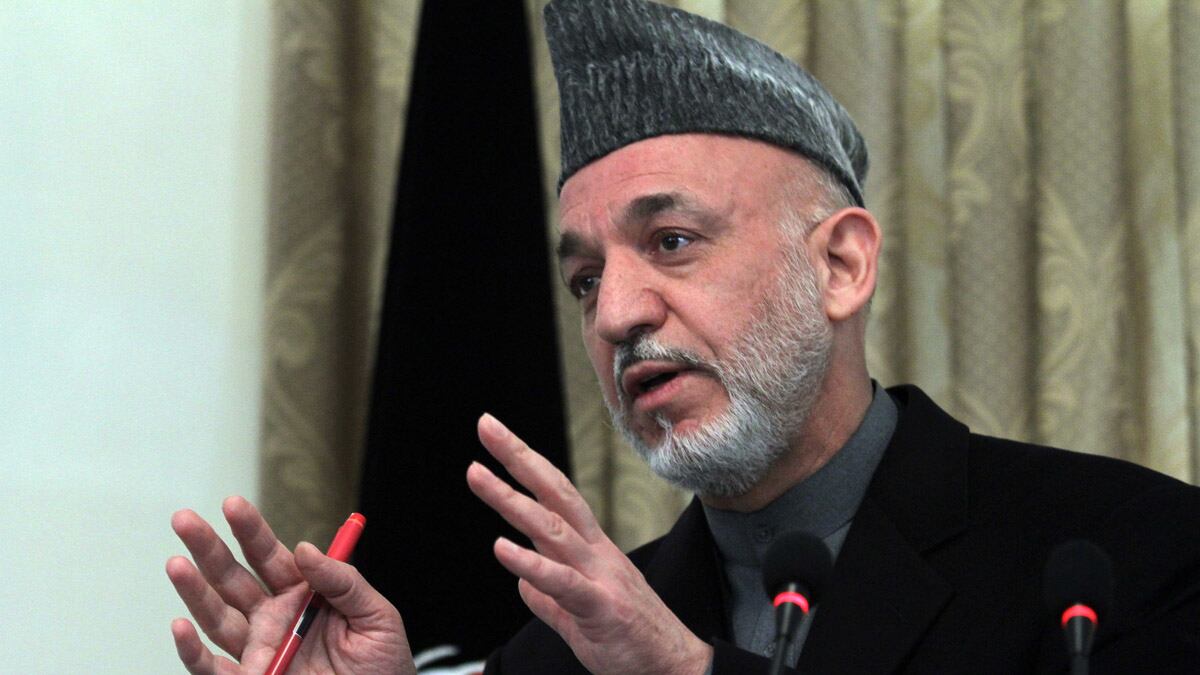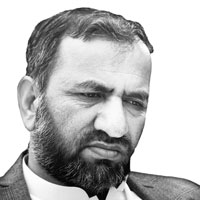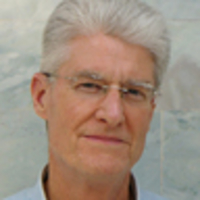Late last week, Afghan President Hamid Karzai made a surprise announcement: he does not intend to run for a third term in 2014. While Karzai is constitutionally ineligible to seek another stint in office, rumors have been swirling that the president might be angling to rewrite Afghanistan’s laws and knock down the barriers to reelection. Karzai has come under fire before for alleged ballot fixing in the 2009 elections—and, according to the press release, he is intent upon dispelling any suspicions about his intentions to stay in power indefinitely.
But sources close to Karzai say the communiqué shows that the president is losing his stomach for the job. “I think the president has lost his enthusiasm,” says a former cabinet official who knows Karzai well. “He is coming to the office and working very long hours every day, but his heart doesn’t seem to be in it.” Another former minister and supporter of Karzai adds, “He seems more distant and detached when meeting with tribal elders at the palace.”
It’s been a difficult summer for Karzai. In July, both his powerful half-brother Ahmed Wali Karzai and his close friend and adviser Jan Mohammed Khan, the former governor of Uruzgan, were brutally assassinated. The former minister and other sources close to the president say the killings have dampened Karzai’s fighting spirit. So has the news that the U.S. seems to have been engaged in rudimentary peace talks with a Taliban representative behind the president’s back. The sources say that Karzai still feels hurt, and even betrayed, by the way the U.S. and the international community—formerly his staunch backers—seemed to have turned on him in late 2009 as a result of the ballot-fixing allegations, and forced the president to hold a run-off with candidate Abdullah Abdullah. Karzai may also be grappling with undisclosed health problems: a palace source told The Daily Beast that during a working visit to Turkey last December, Karzai was examined by a team of physicians who advised him to minimize close contact with large numbers of people, to prevent against infections that could worsen a breathing problem he’d been experiencing.
The thought of an Afghanistan without Karzai worries many Afghans as well as the country’s neighbors, particularly Pakistan. Most Afghans have a love-hate relationship with the president: on the one hand they are highly critical of his inability or unwillingness to curb corruption, run an effective government, and sideline influential and oppressive regional warlords. But at the same time, they don’t see any clear alternative to the mild-mannered Pashtun who came to power largely because he had no blood on his hands—unlike many other Afghan power brokers, who had been commanders in the war against the Soviet occupation and who abused the populace after the Russians withdrew. During the 2009 presidential poll, many voters said they were unhappy with Karzai’s performance and the ongoing official corruption and incompetence—but that they were voting for him anyway because they did not see a viable alternative on the ballot.

Pakistan has a similarly jaundiced view of Karzai. Islamabad’s generals in particular feel he’s too close to the commanders and politicians of the former pro-Indian Northern Alliance militia that seized control of Kabul thanks to a heavy U.S. bombing campaign that routed the Taliban. But over the past few months, Karzai and the Pakistani top brass seem to have reached a better understanding of their respective positions after a series of reciprocal visits. Now, just as the generals think they’re making some headway with Karzai—perhaps involving a peace settlement with the Taliban—the Afghan president suddenly seems to be on his way out, and perhaps not as engaged and powerful as he once was. A senior Afghan diplomat told the Daily Beast that with Pakistan unsure of who will fill Karzai’s void in 2014—the same year U.S. and other coalition forces are scheduled to complete their withdrawal from Afghanistan—it will be even more difficult for Islamabad to persuade the Taliban, over whom it has considerable influence, to strike a peace deal with Karzai. “This early announcement by Karzai will encourage Pakistan to keep its linkages with the Taliban and not pressure its assets into a deal, just in case a pro-Indian politician like Abdullah Abdullah gets elected,” says a senior Afghan diplomat.
But the election of Abdullah, a onetime foreign minister of Karzai, as president in three years seems unlikely. The main reason is the country’s very complex and wide ethnic divide between Pashtuns, who make up some 42 percent of the population, and Tajiks (27 percent), Uzbeks (9 percent), and Hazaras (9 percent). Although Abdullah’s father was a Pashtun from the south, the politician is closely identified with the largely Tajik political forces of the former Northern Alliance. He received nearly 31 percent of the vote in the controversial 2009 presidential poll and dropped out just before the second-round runoff, saying the electoral fraud allegedly carried out by Karzai’s men would be repeated. Although Abdullah is assertive and smart, he lacks the charisma and tribal ties that would give him a wide appeal among Pashtuns, who would likely be necessary to carry the vote.
The president’s first choice as successor may be Ghulam Farooq Wardak, Karzai’s education minister and former international development official, according to palace sources. “The president loves Wardak above anyone in his cabinet,” says a palace insider. Wardak has advised the president on foreign affairs and is a senior member of the government’s High Peace Council that is charged with looking for ways to negotiate a peaceful solution with the Taliban insurgents. If Karzai were to publicly support Wardak’s candidacy, Wardak may have a good shot at getting elected. Still, he is not believed to have much, if any, grassroots support outside of Kabul and the government’s machinery.
The international community’s first choice for president would likely be Ashraf Ghani, the country’s well-known super technocrat. A Pashtun from the southern Ahmadzai tribe, he served quite effectively as Karzai’s first finance minister. He resigned in 2004 soon after Karzai’s first electoral victory, protesting the escalating corruption and mismanagement in the administration. As a presidential candidate in 2009, Ghani was a fiery critic of Karzai, attacking him for aiding and abetting corruption and “lack[ing] vision, leadership, and management skills.” American-educated and a former official at the World Bank, Ghani now heads the important Afghan commission that is responsible for overseeing the transfer of powers from the international community to the Afghan government over the next three years. Karzai’s appointment of Ghani to the commission shows that the president can make difficult choices for the national interest. Still, despite Ghani’s competence, he had trouble gaining widespread support in the last elections and may not have the organization or heft to mount a countrywide campaign.
With the election three long years away, and with the Taliban’s insurgency still strong and spreading, it’s impossible to tell who will take the reins from Karzai and assume responsibility for Afghanistan’s troubles. The presidential contest will largely depend on how the Taliban’s fortunes rise or fall, and whether the counterinsurgency campaign fails or succeeds. And that, of course, is the biggest unknown.







